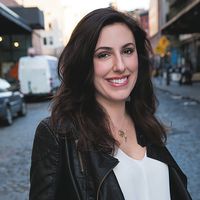This Is Us: White Americans Can't Distance Themselves from Charlottesville
Pretending our country isn't racist gives cover to dangerous extremists.
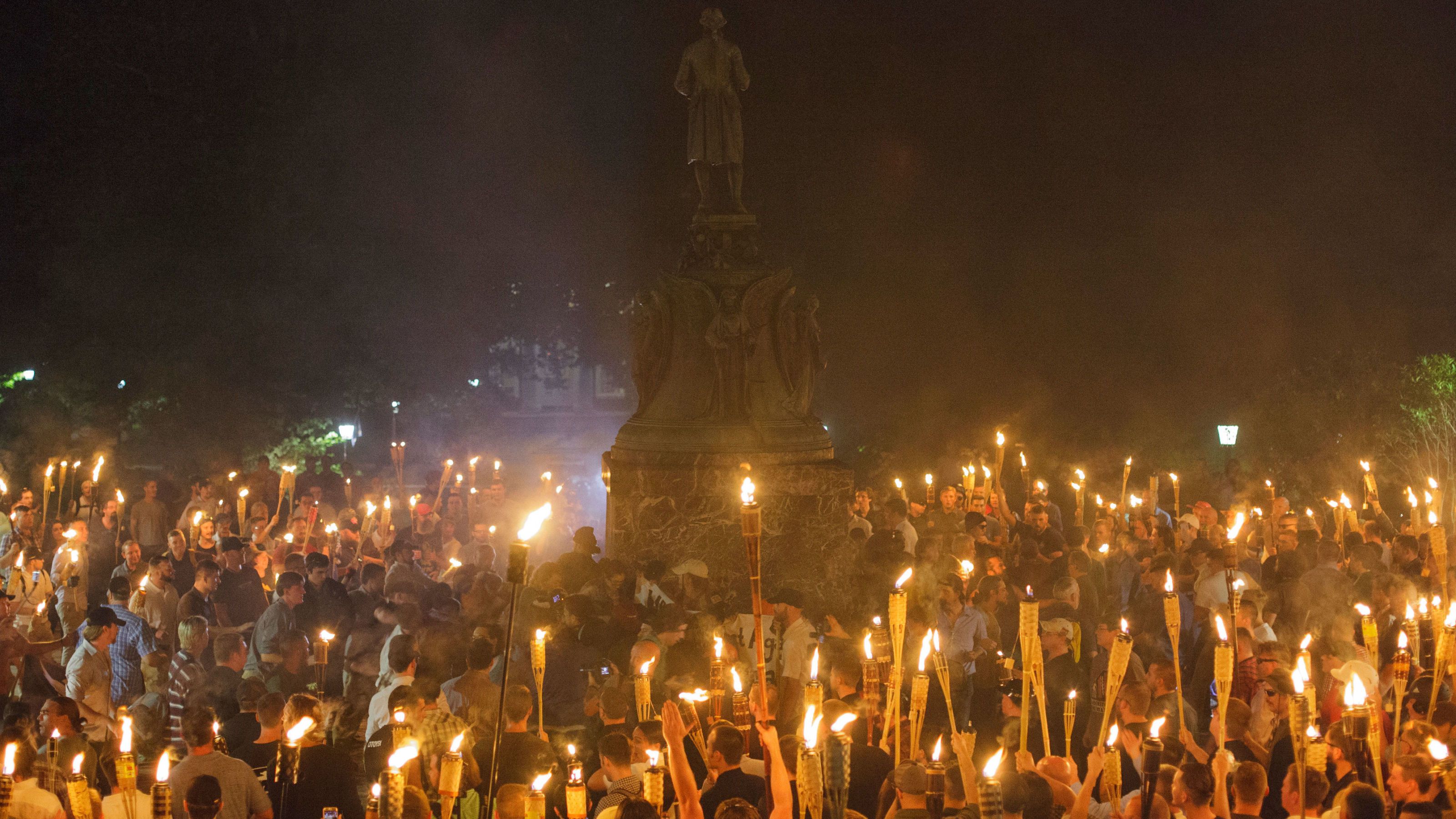
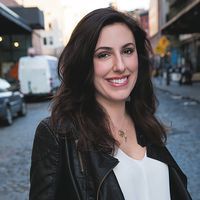
One of feminism's greatest contributions to society was convincing the American public that rapists are not ominous figures hiding in the bushes, but men we know—our friends, sons, teachers, and pastors. That shift in our mainstream understanding of sexual assault was necessary to end the social cover given to perpetrators of sexual violence. We needed to know that people do horrible things, even the people we love.
So as the country reels from the attack in Charlottesville, Virginia, let's not forget that lesson and claim that racists are anomalies or outliers. Despite well-meaning reactions and hashtags to the contrary, this is who the United States is. Of course this is us.
[pullquote align='C']"This country was built on systemic racism and continues to engage in a self-serving revision of racist history."[/pullquote]
The pictures out of Charlottesville—angry white people, mostly men, carrying torches in the middle of the night, faces distorted by hate—are nearly indistinguishable from historical images of racist Americans over the years. They can call themselves "white nationalists" instead of "white supremacists" but let's be real: They look the same because they are the same. This country was built on systemic racism and continues to engage in a self-serving revision of racist history. That core of who we are has not shifted nearly as much as we would like to believe.
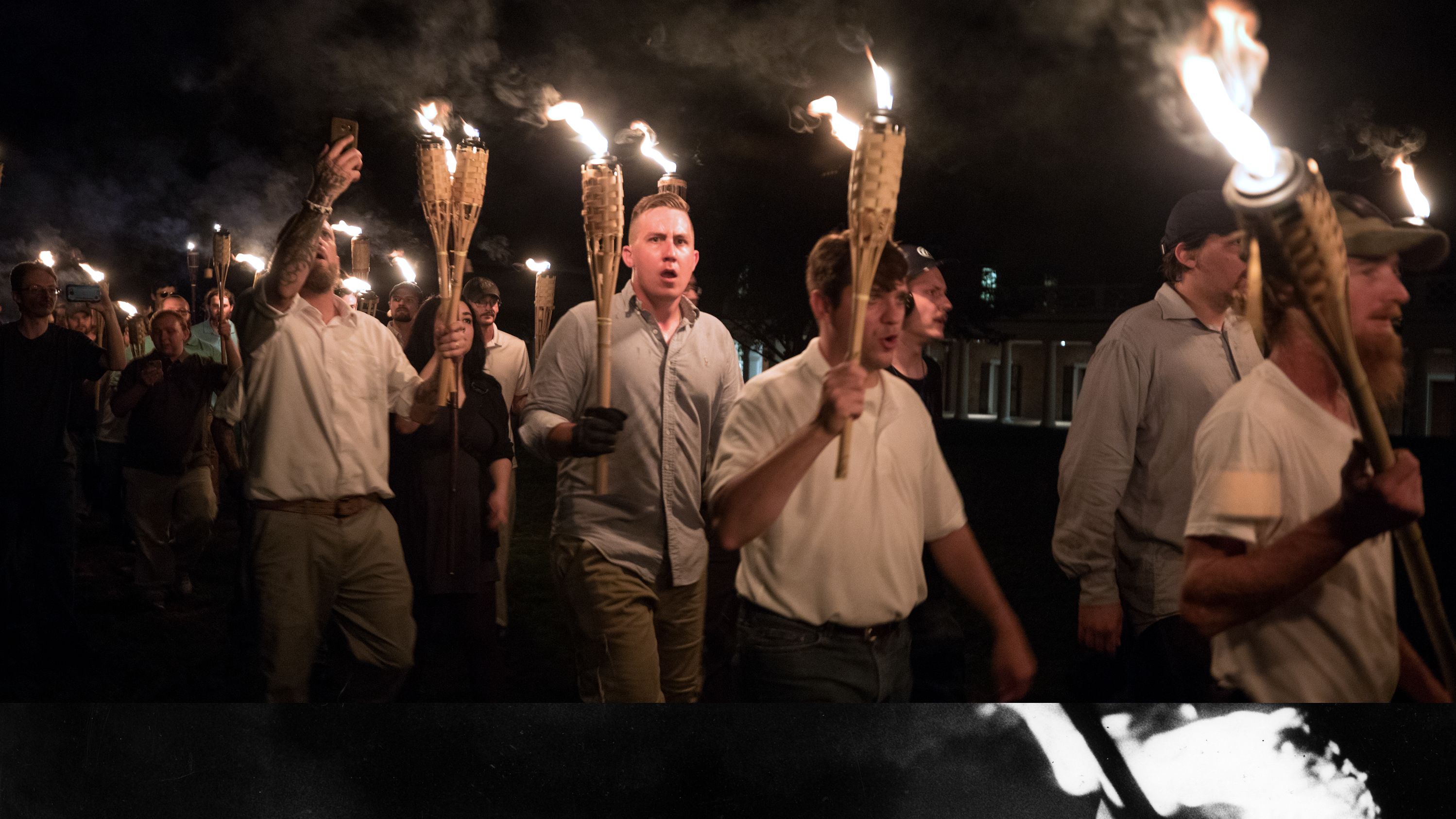
It's comforting to insist that racial hatred is not who Americans are, but at best it excuses white apathy—we don't have to interrogate our values if they're fine as is. At worst, it provides dangerous cover to violent racists.
Consider Peter Cvjetanovic, a college student whose image went viral this weekend, insisting that he's not "the angry racist they see in the photo." Or the mother of James Alex Fields, the man arrested for killing 32-year-old Heather Heyer after plowing his car into a group of counter-protesters; she told reporters that she didn't know her son was going to a white supremacist march: "I thought it had something to do with Trump." Fields' former teacher, though, says "he was very big into Nazism...he really had a fondness for Adolf Hitler."
ALSO BY JESSICA VALENTI
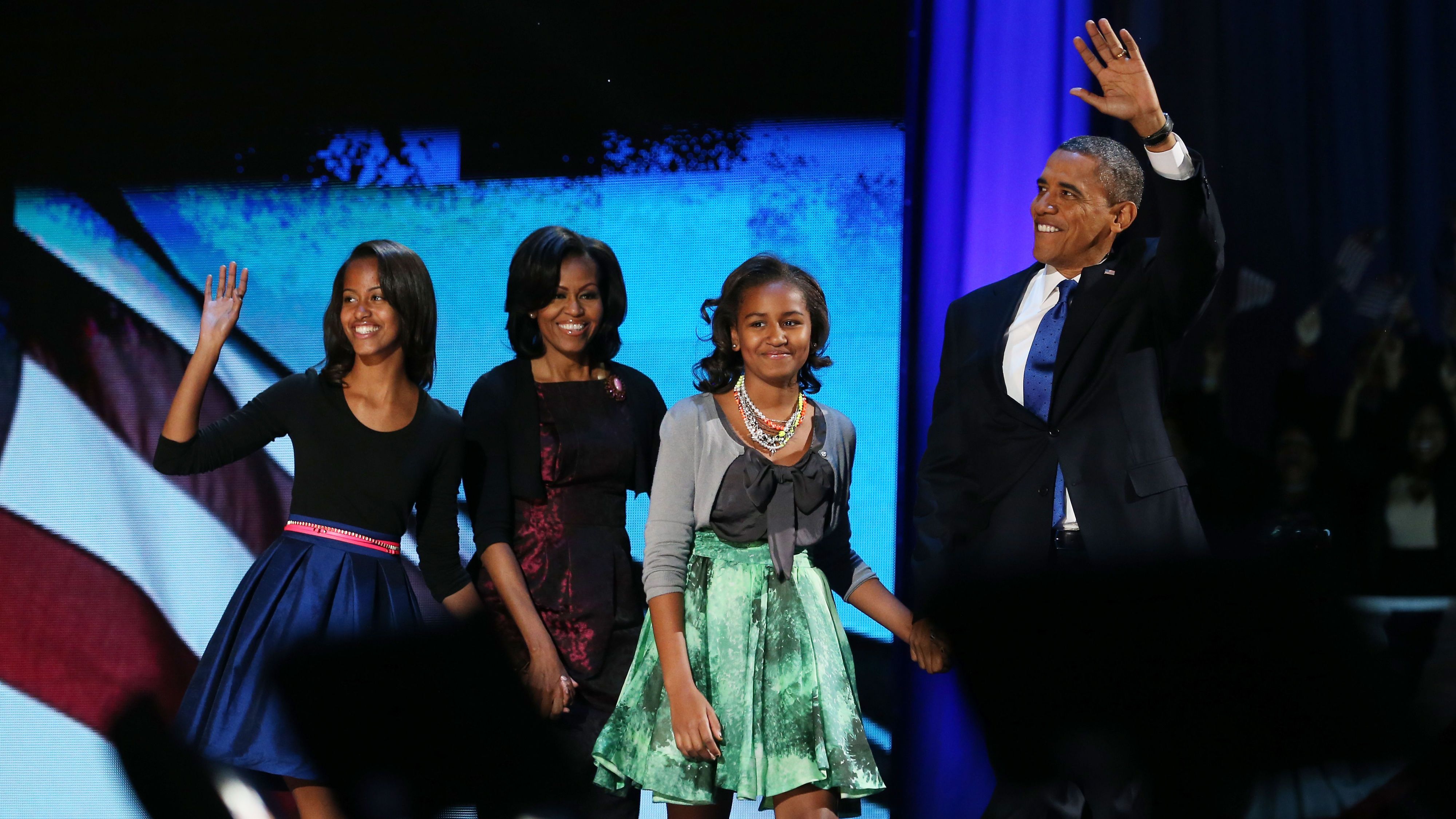
We Hold Sasha and Malia Obama to a Higher Standard Than the Trump Children, and That's Ridiculous
ALSO BY JESSICA VALENTI
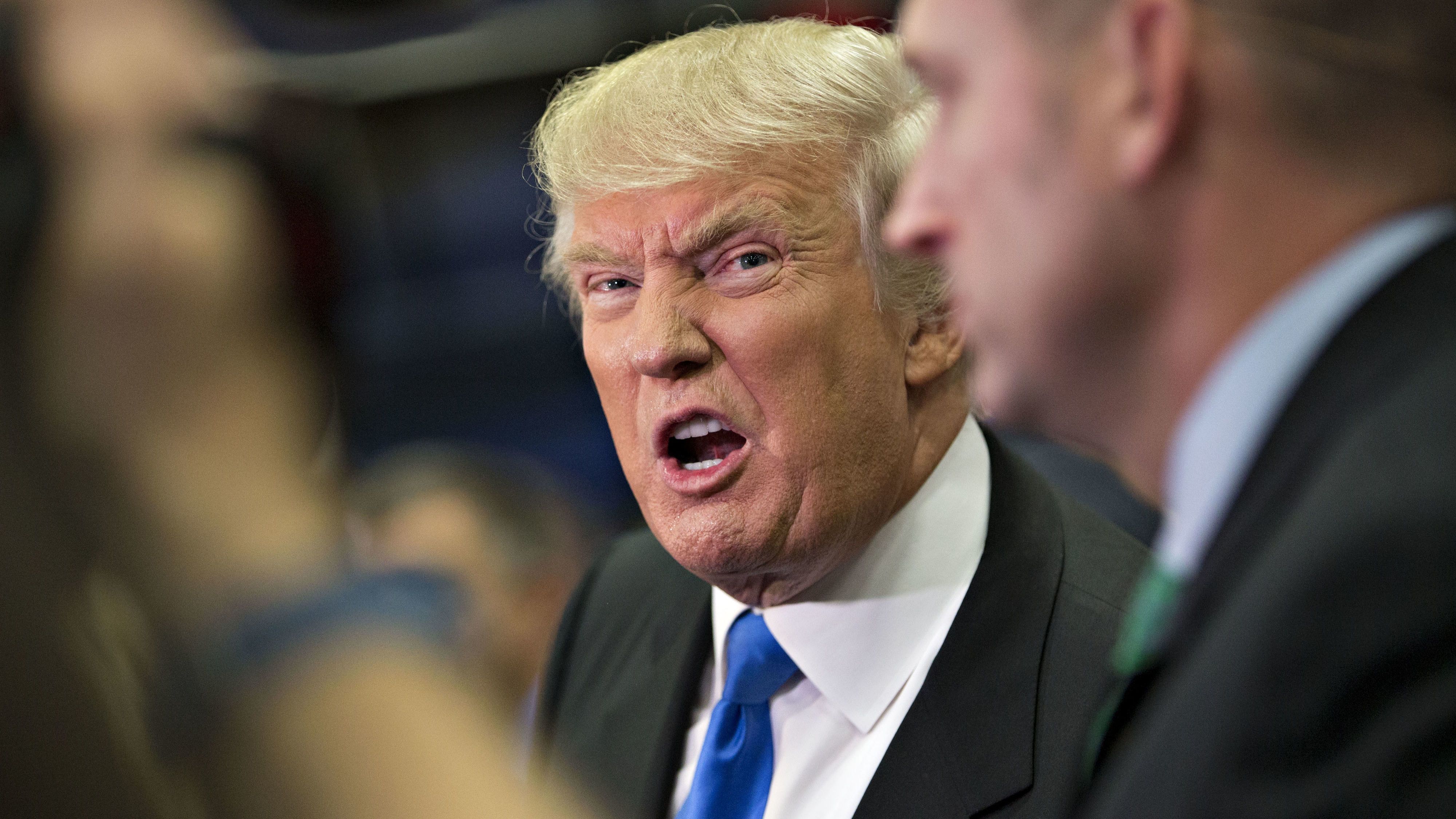
Why Trump Is So Afraid of Trans People
ALSO BY JESSICA VALENTI
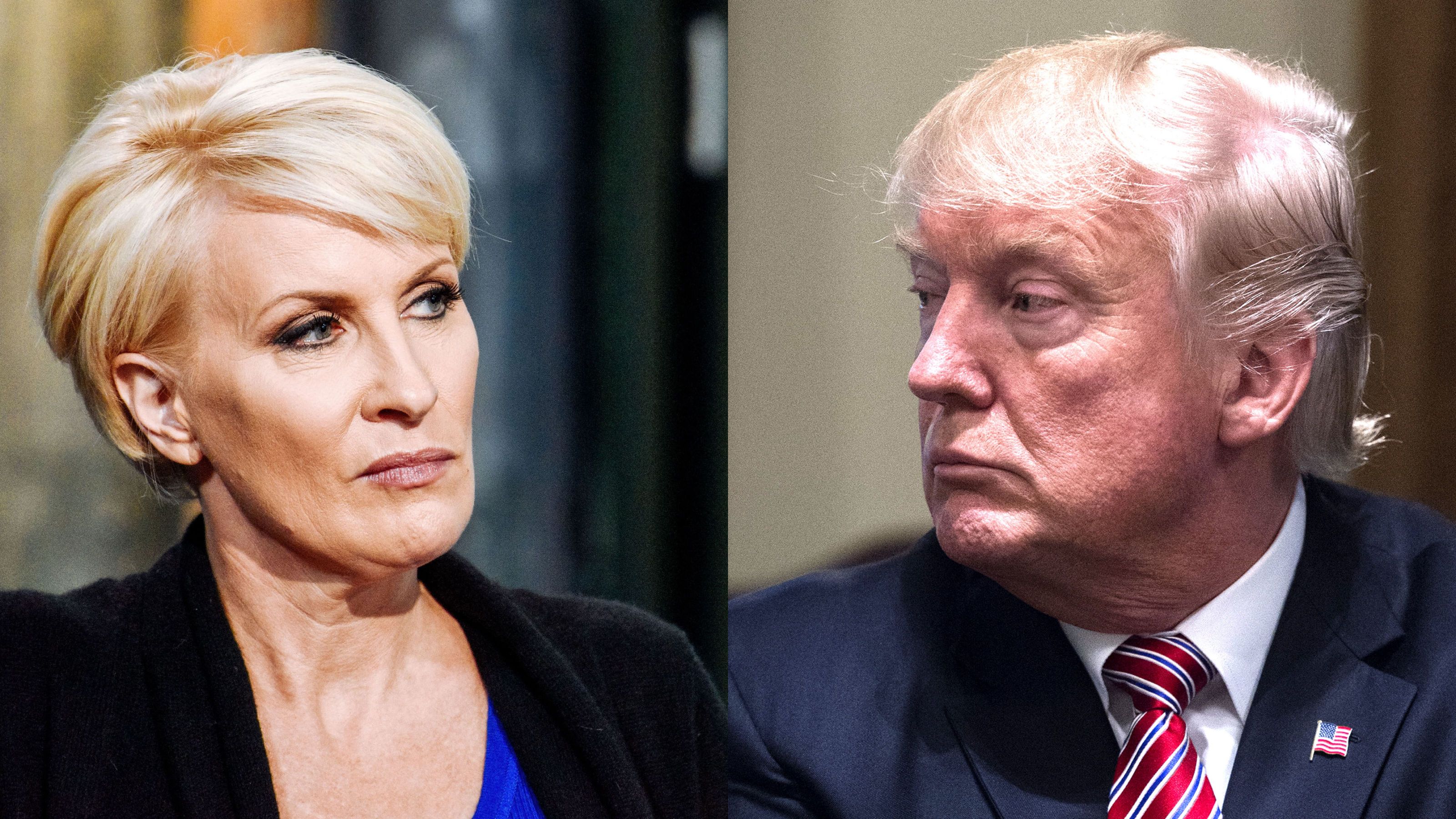
Trump Doesn't See Women As People, and That's Why This Keeps Happening—and Will Continue to Happen
Are we really to believe that Fields' mother didn't know who he was? That Cvjetanovic doesn't recognize his own racism? Or have white Americans so completely distanced ourselves from how ordinary racism actually is that we don't see it even as it stands beside us?
Get exclusive access to fashion and beauty trends, hot-off-the-press celebrity news, and more.
It's the same blind reaction that claims connecting the Trump administration to the racist violence in Charlottesville is an unfair conflation rather than a reasonable connecting-of-dots. We have a president with a long and clear history of racism: His family company was once investigated for refusing to rent property to black Americans. He launched the birther campaign against President Obama. As a candidate he stoked racial hatred with derogatory comments about Mexicans and Muslims; as president he's filled his administration with men who have widely criticized records on race, called for a Muslim ban, and refused to call out white supremacism by name until forced by public outcry.
[pullquote align='C']"Have white Americans so completely distanced ourselves from how ordinary racism actually is that we don't see it even as it stands beside us?"[/pullquote]
So yes, racism absolutely is American. It pervades our homes, our streets, and our government. Not in the past, not as some ephemeral evil—but now, everywhere.
The Republican party and those who voted for Trump want to insist that they are not part and parcel of the extremist violence we saw in Charlottesville. They rush to tweet out condemnations and distance themselves from men carrying torches—as if their support of Trump did not provide the fire.
We cannot end racist violence and white supremacy without telling the truth about who we are and what we've enabled. This is us. But it doesn't have to be.
Jessica Valenti is a contributing editor to MarieClaire.com—read her weekly column here.
Jessica Valenti is a columnist and author of five books on feminism, politics, and culture. Her latest book, Sex Object: A Memoir, was a New York Times bestseller. Valenti is also editor of the ground-breaking anthology Yes Means Yes: Visions of Female Sexual Power and a World Without Rape and the founder of Feministing.com, which Columbia Journalism Review called “head and shoulders above almost any writing on women’s issues in mainstream media.” She has a Master’s degree in Women’s and Gender Studies and lives in Brooklyn with her husband and daughter.
